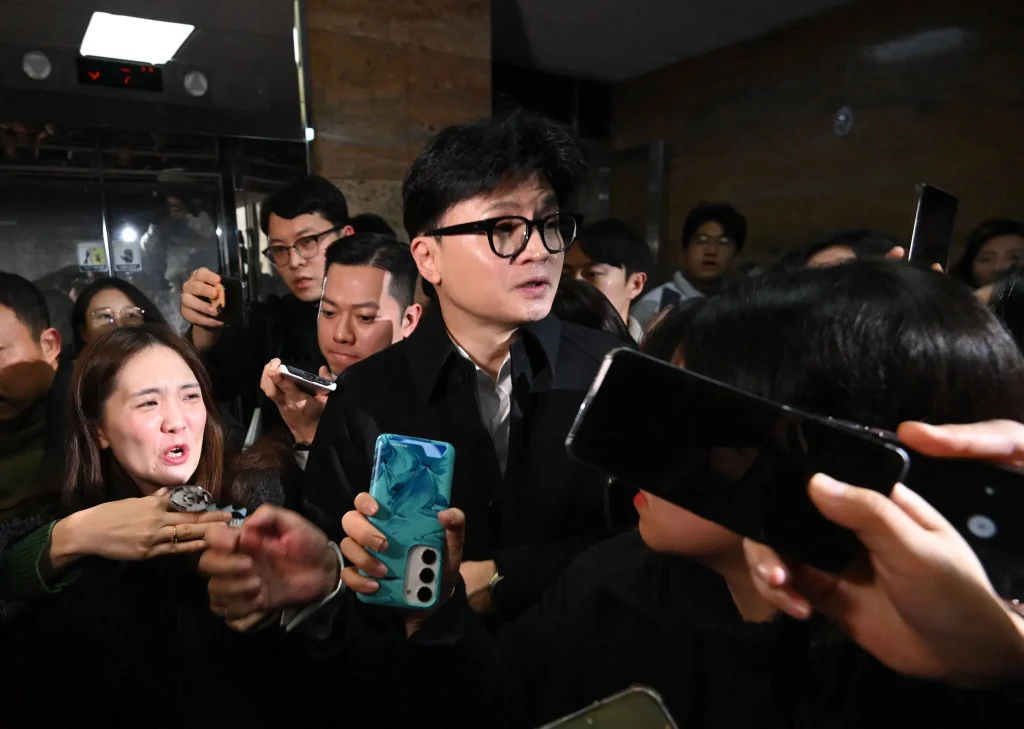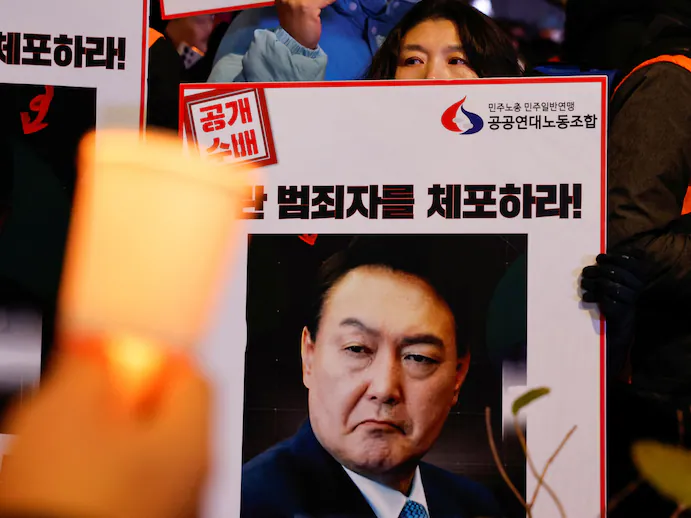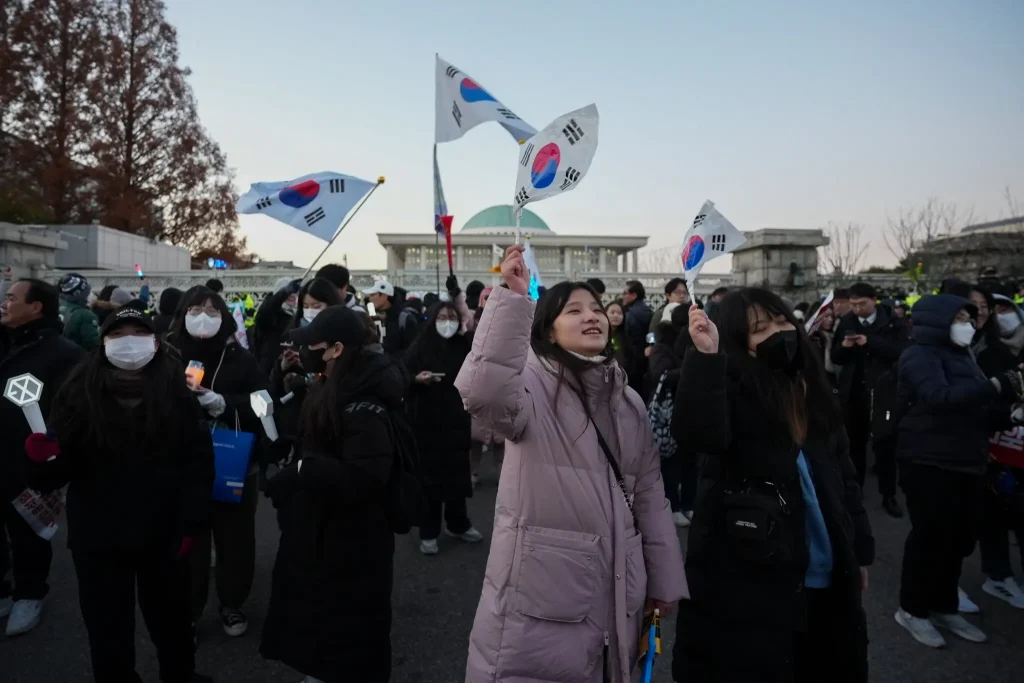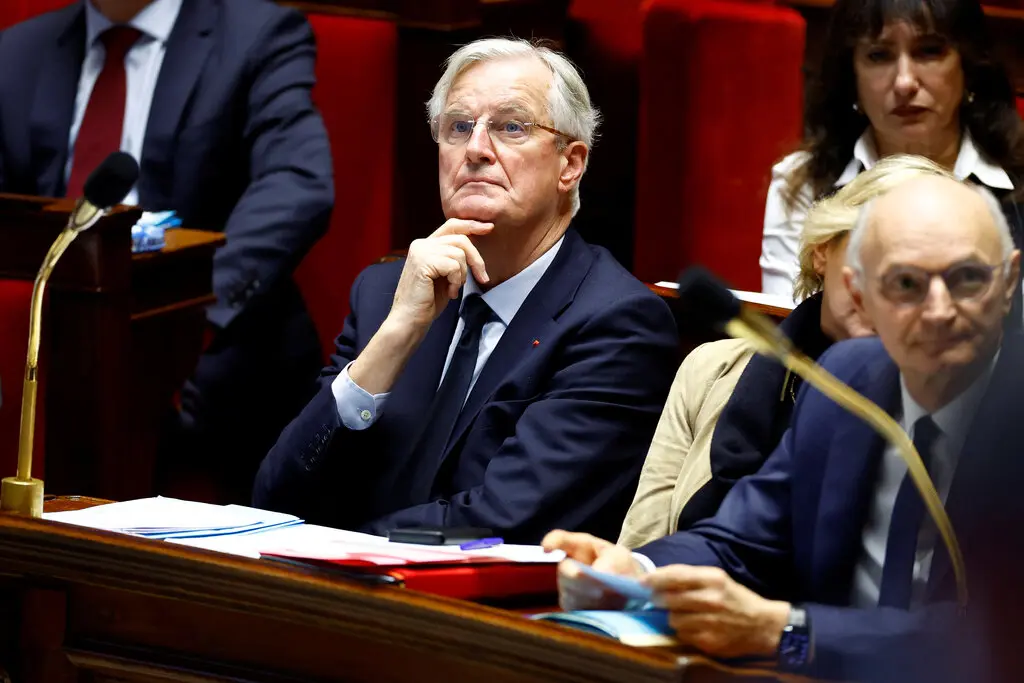South Korea: Push to impeach Yoon, defense minister resigns
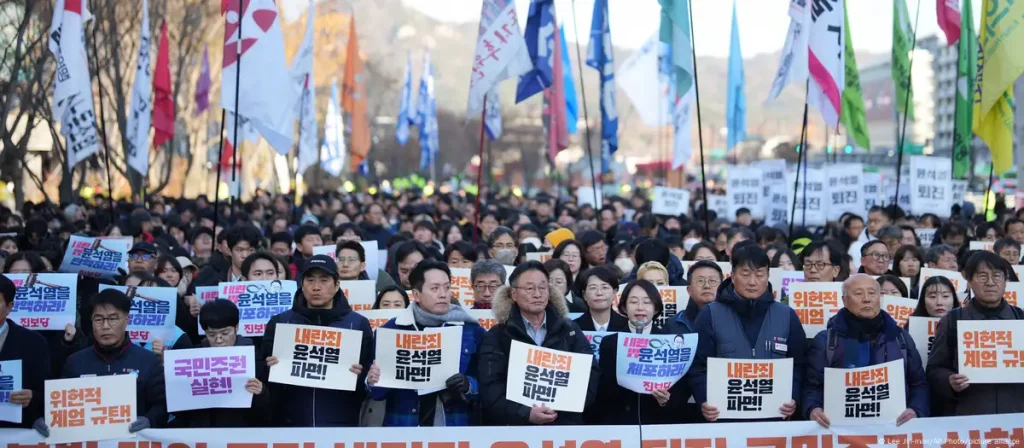
In a dramatic turn of events in South Korea, political tensions have escalated as lawmakers have initiated a push to impeach President Yoon Suk-yeol, while the country’s defense minister, Lee Jong-sup, has resigned amidst growing public dissatisfaction and political pressure.
The impeachment drive against President Yoon stems from mounting frustration over his administration’s handling of various issues, particularly related to the economy, foreign policy, and internal governance. Critics have accused Yoon of mismanaging key domestic challenges, including rising unemployment, increasing living costs, and his administration’s response to inflation. Additionally, his foreign policy, especially concerning relations with North Korea and Japan, has been met with skepticism, with many questioning the effectiveness of his approach to regional stability.
The push for impeachment gained significant traction following several high-profile controversies and protests. Demonstrations calling for his resignation have become more frequent, with opposition parties leading the charge in accusing him of failing to deliver on his promises and disregarding the concerns of the South Korean public. Some of his decisions, such as the handling of the pandemic recovery process and controversial statements on national security, have deepened the rift between him and both the political opposition and segments of the public.
In response to the escalating political crisis, South Korea’s Defense Minister Lee Jong-sup resigned, a move that has only added fuel to the fire. Lee’s resignation follows a series of criticisms of his leadership, particularly his handling of defense strategies and military readiness amid rising tensions with North Korea. His departure is seen as a sign of instability within the government and a concession to the growing discontent within the military and public sector.
Lee had been under intense pressure to address security concerns, especially following North Korea’s increased missile tests and provocations. The resignation, combined with the impeachment push against Yoon, paints a picture of an administration struggling to maintain control and facing severe challenges on multiple fronts.
The resignation of the defense minister also raises questions about the stability of South Korea’s security apparatus. With North Korea’s military activities growing more provocative and the region’s geopolitical tensions at a high point, the timing of Lee’s departure adds to the uncertainty surrounding the country’s defense policies.
Meanwhile, the impeachment motion against President Yoon has now moved to the National Assembly, where it will be debated and voted on. While it remains uncertain whether the motion will succeed, the fact that it has gained significant political momentum underscores the deepening polarization within South Korean politics. Yoon’s administration is now facing an existential crisis, and it will need to navigate a turbulent political landscape to maintain control.
The ongoing crisis also presents a significant challenge for the ruling conservative party, which has so far supported Yoon’s presidency. The party is divided over how best to handle the growing political opposition and what steps to take to address the national grievances that have fueled this wave of discontent.
In conclusion, South Korea is in the midst of a political crisis, with the push to impeach President Yoon and the resignation of Defense Minister Lee highlighting the deep divisions within the government. With public dissatisfaction growing, the situation presents a major test for the Yoon administration and its ability to maintain stability in the face of mounting political pressures. The coming weeks will likely determine whether Yoon can weather the storm or if this will mark the beginning of a significant political shift in the country.


